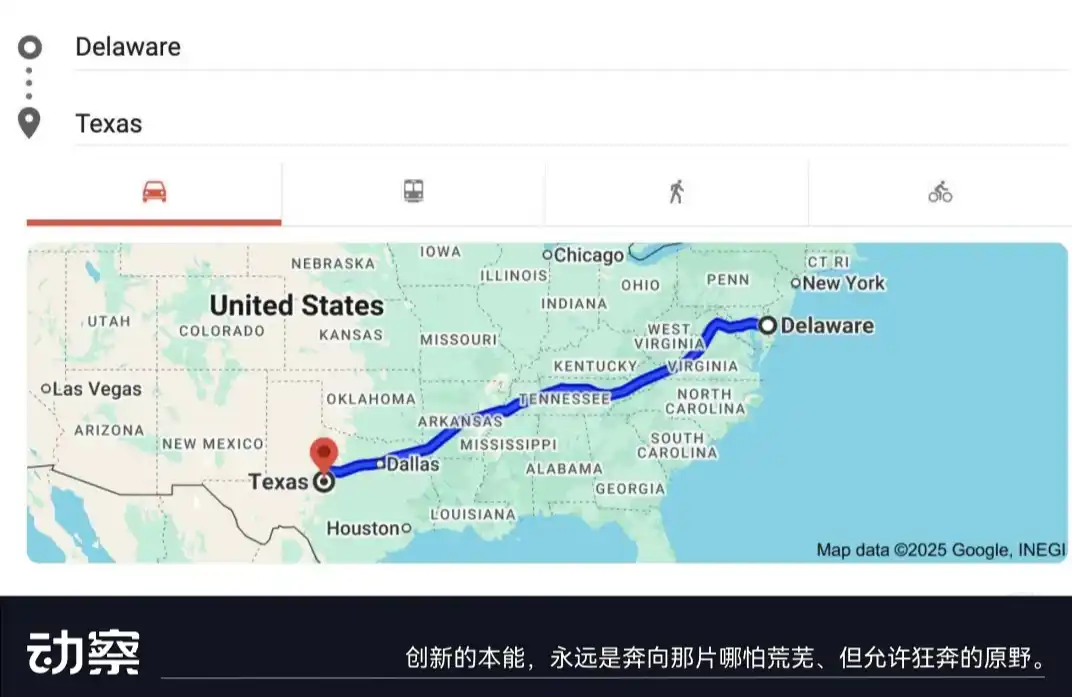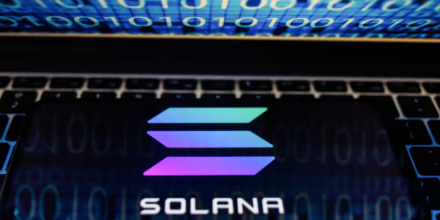Chainlink CCIP v1.5 Upgrade Expands Secure Cross-Chain Crypto Operations – CoinGecko Report
Quick Breakdown
- CCIP v1.5 adds zero-slippage token transfers, Cross-Chain Token standard, and developer attestations.
- Risk Management Network monitors transactions and can halt suspicious activity.
- Major banks and DeFi platforms adopt CCIP for cross-chain operations and tokenized asset management.
Chainlink’s Cross-Chain Interoperability Protocol (CCIP) is reshaping how blockchain networks connect, according to a CoinGecko report . The protocol now supports over 60 blockchains, enabling secure transfers of assets and data for DeFi platforms, financial institutions, and tokenized real-world asset (RWA) initiatives. The v1.5 upgrade, released in January 2025, introduces new features designed for faster, safer, and more versatile cross-chain operations.
Over $2B was lost to bridge exploits in 2022, and Chainlink CCIP aims to end that.
In this article, we break down how @chainlink CCIP delivers secure, scalable cross-chain communication for DeFi and institutions.
Read the full guide 👇
— CoinGecko (@coingecko) November 24, 2025
Security and risk management at the core
CCIP’s Risk Management Network (RMN) adds an independent layer that continuously monitors transactions and can halt transfers if fraudulent or anomalous activity is detected. This multi-layered approach, combined with time-locked upgrades and strict node operator standards, reduces the risks typically associated with cross-chain bridges. The v1.5 upgrade also introduced the Cross-Chain Token (CCT) standard, enabling instant, zero-slippage token transfers and simplified token deployment through a no-code interface and SDK. Optional developer attestations allow verification of token movements before they are completed on destination chains.
Institutional adoption and DeFi expansion
CoinGecko reports that CCIP is being adopted by major financial institutions and DeFi protocols. Banks and asset managers, including ANZ Bank, Fidelity International, Swift, UBS, and J.P. Morgan, are piloting cross-chain settlement and Delivery vs. Payment workflows. Leading DeFi projects such as Aave, Synthetix, Solv, and Lido leverage CCIP for cross-chain lending, staking, and asset transfers. The protocol’s privacy-preserving capabilities allow confidential transactions across public and private chains, meeting regulatory requirements while supporting institutional-grade operations.
With its combination of enhanced security, developer-friendly tools, and universal connectivity, CCIP is emerging as essential infrastructure for the multi-chain crypto ecosystem, bridging traditional finance with decentralized applications and tokenized real-world assets.
Meanwhile, SBI Group has confirmed that Chainlink’s Cross-Chain Interoperability Protocol (CCIP) will be the sole network supporting cross-chain connectivity for its institutional tokenization platform. This will enable asset issuance, settlement, and secondary trading to flow smoothly across both public and permissioned blockchains, further boosting institutional adoption of crypto.
Disclaimer: The content of this article solely reflects the author's opinion and does not represent the platform in any capacity. This article is not intended to serve as a reference for making investment decisions.
You may also like
Mars Morning News | Russia Plans to Ease Digital Asset Investment Thresholds, Expanding Legal Participation of Citizens in the Crypto Market
Russia plans to relax the investment threshold for digital assets, Texas allocates $5 million to Bitcoin ETF, an Ethereum whale sells 20,000 ETH, Arca's Chief Investment Officer says MSTR does not need to sell BTC, and the S&P 500 Index may rise by 12% next year. Summary generated by Mars AI. The accuracy and completeness of this summary produced by the Mars AI model are still being iteratively updated.

x402 The most crucial piece of the puzzle? Switchboard aims to rebuild the "oracle layer" from scratch
Switchboard is an oracle project within the Solana ecosystem and proposes to provide a data service layer for the x402 protocol. It adopts a TEE technology architecture, is compatible with x402 protocol standards, supports a pay-per-call billing model, and removes the API Key mechanism, aiming to build a trusted data service layer. Summary generated by Mars AI. The accuracy and completeness of this content, generated by the Mars AI model, is still in an iterative update phase.

Who would be the most crypto-friendly Federal Reserve Chair? Analysis of the candidate list and key timeline
Global markets are closely watching the change of Federal Reserve Chair: Hassett leading the race could trigger a crypto Christmas rally, while the appointment of hawkish Waller may become the biggest bearish factor.

